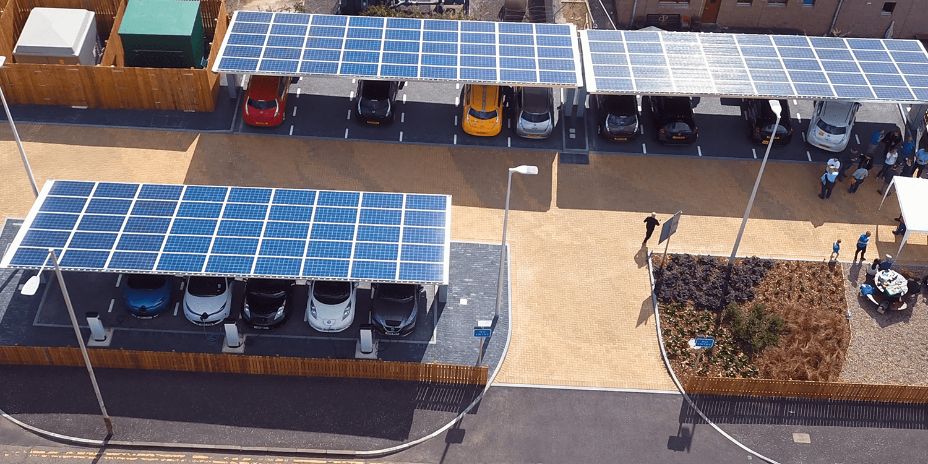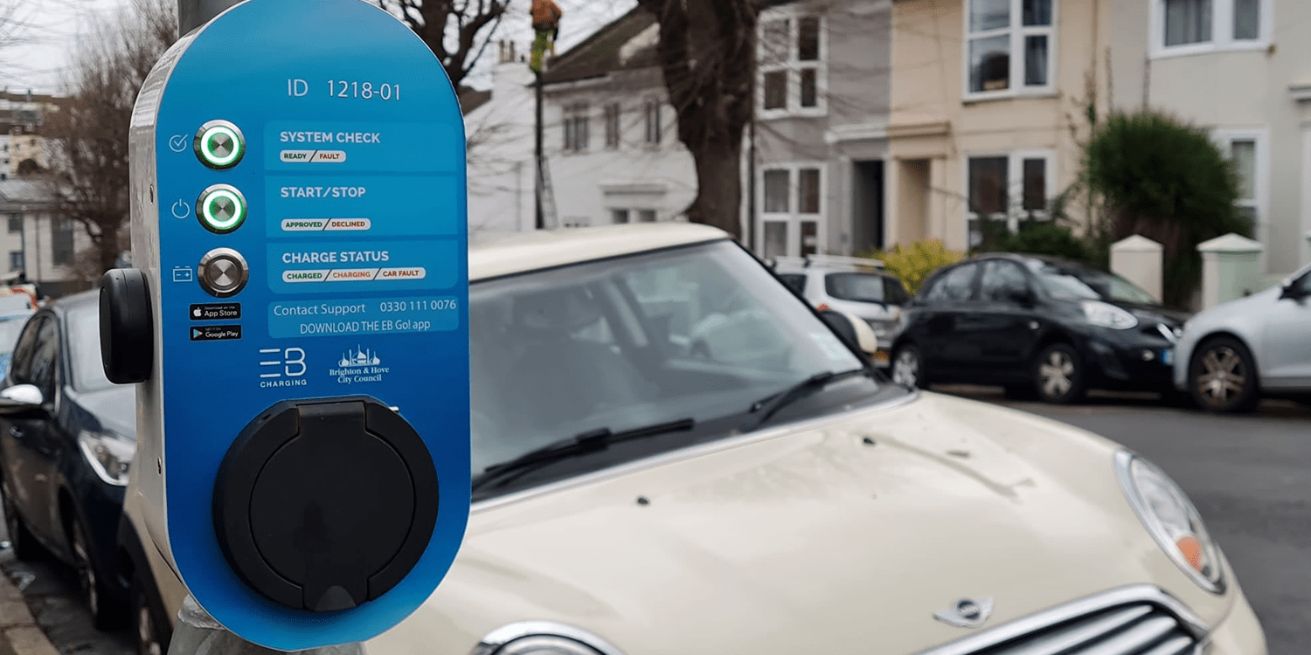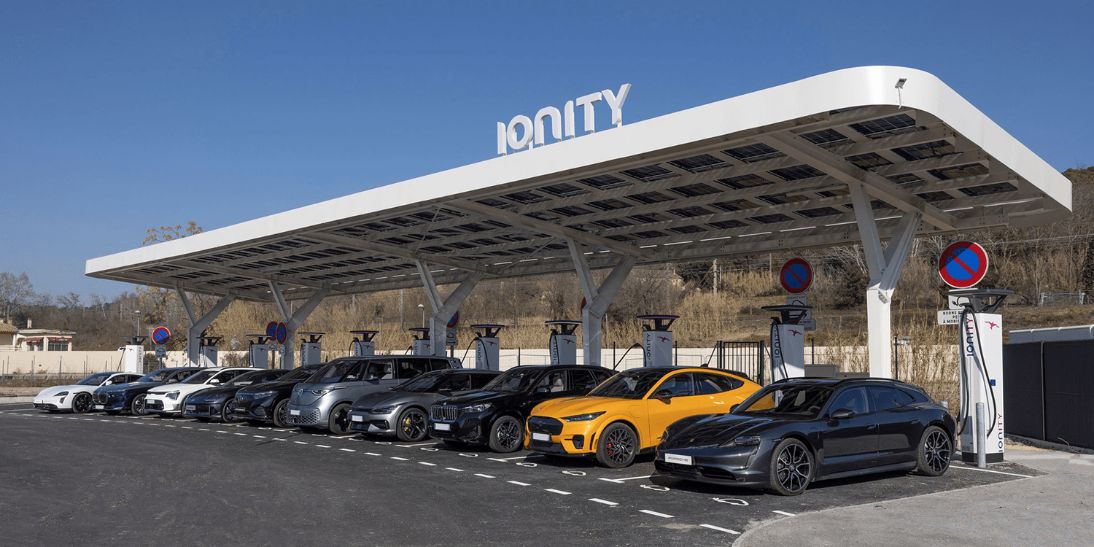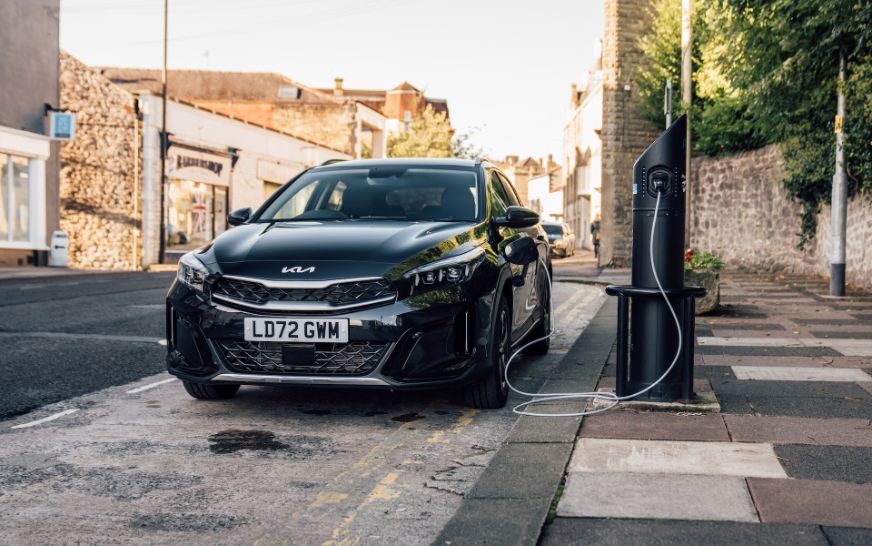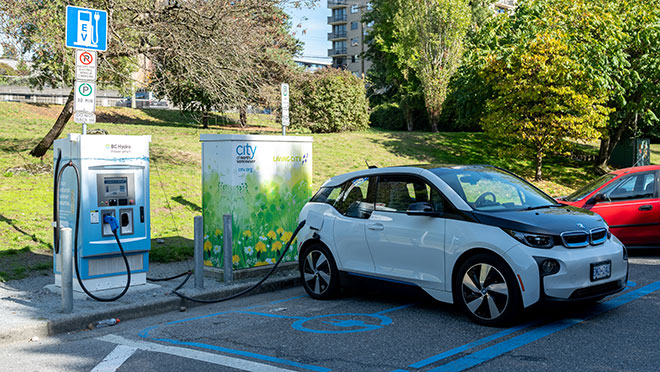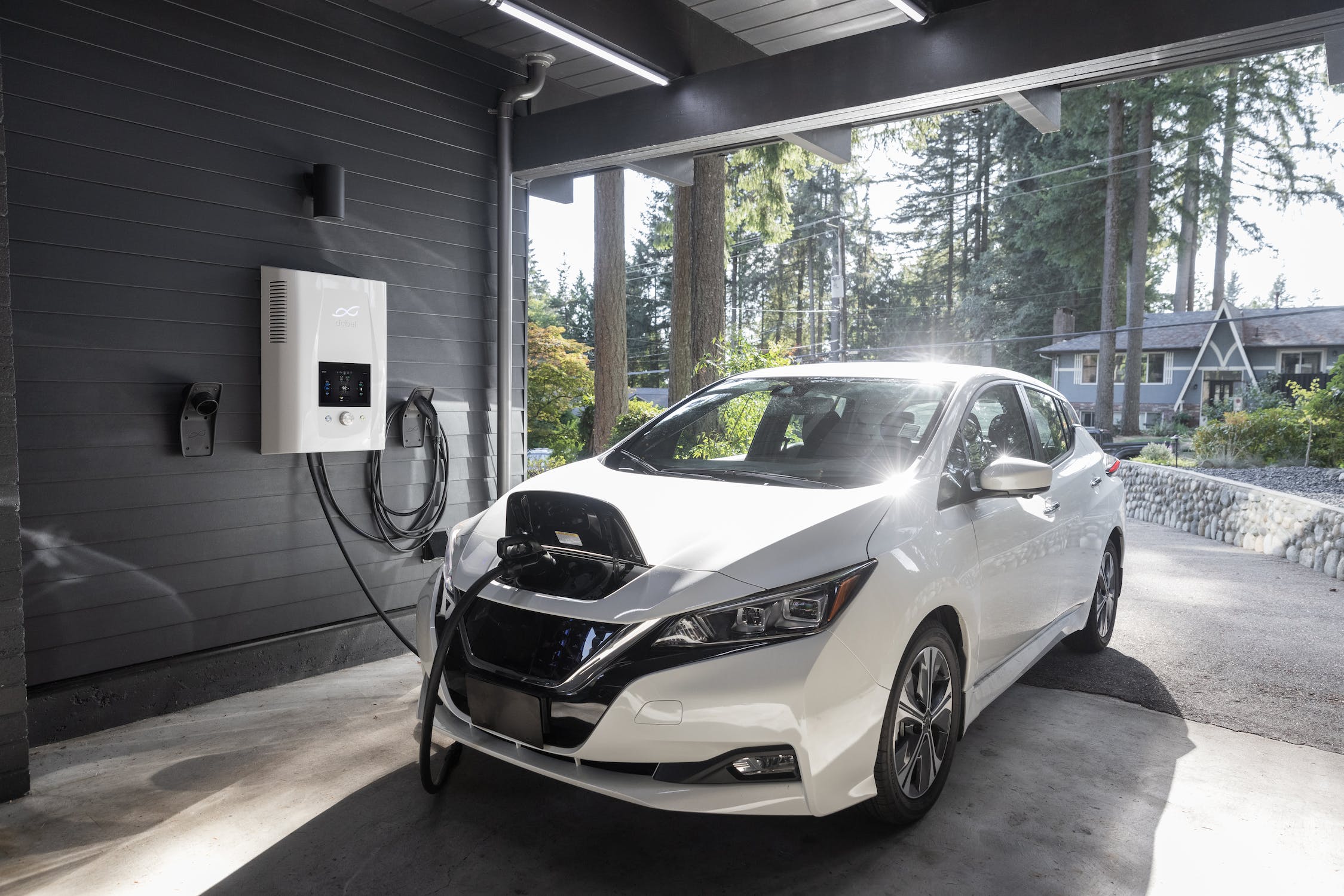Electric vehicle (EV) infrastructure provider Swarco Smart Charging and second life battery energy storage system supplier Connected Energy have joined forces in the UK to help expedite the roll out of EV charging.
By collaborating with Connected Energy, Swarco Smart Charging will be able to offer EV charging hardware with Connected Energy’s E-Stor system, which uses second life electric vehicle batteries to provide onsite energy storage.
The E-Stor system stores excess power generated from renewable sources until it is needed, ensuring that there is always enough energy for charging, regardless of demand spikes. Each E-Stor unit comprises 24 second-life EV batteries sourced from Renault Kangoos.
See also: GM created a new energy business to sell solar panel and energy storage system
According to Matthew Lumsden, CEO of Connected Energy, “This is a natural collaboration between two like-minded companies that are both on a mission to support vehicle electrification and help to decarbonise charging for organisations and drivers.”
Swarco Smart Charging’s Managing Director, Justin Meyer, added, “As the size and scale of projects increases, we have seen EV charging projects hampered by the lack of electricity capacity. It is a constant issue, and one that until now has been difficult to overcome, resulting in EV charging roll out being scaled back, relocated away from preferred sites, or delayed.”
See also: VinFast and E.ON Drive Partner to Roll Out EV Charging Infrastructure in Europe
The two firms have been collaborating since 2017, when the E-Stor system was installed with Swarco’s charging technology. This included 22kW and 50kW fast chargers connected to a solar array on the hub’s canopy. The E-Stor system monitors grid load, and if charging from vehicles approaches the available grid power limit, the E-Stor bridges the gap.
Connected Energy claims that its E-Stor system can now deliver energy at a rate of up to 300kW, which is enough to simultaneously charge 20 cars for two hours at a rate of 7kW or to power two 50kW rapid chargers for almost four hours.

